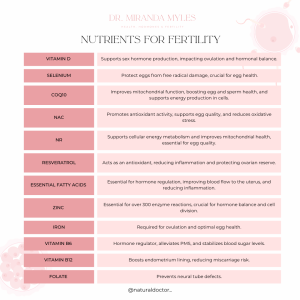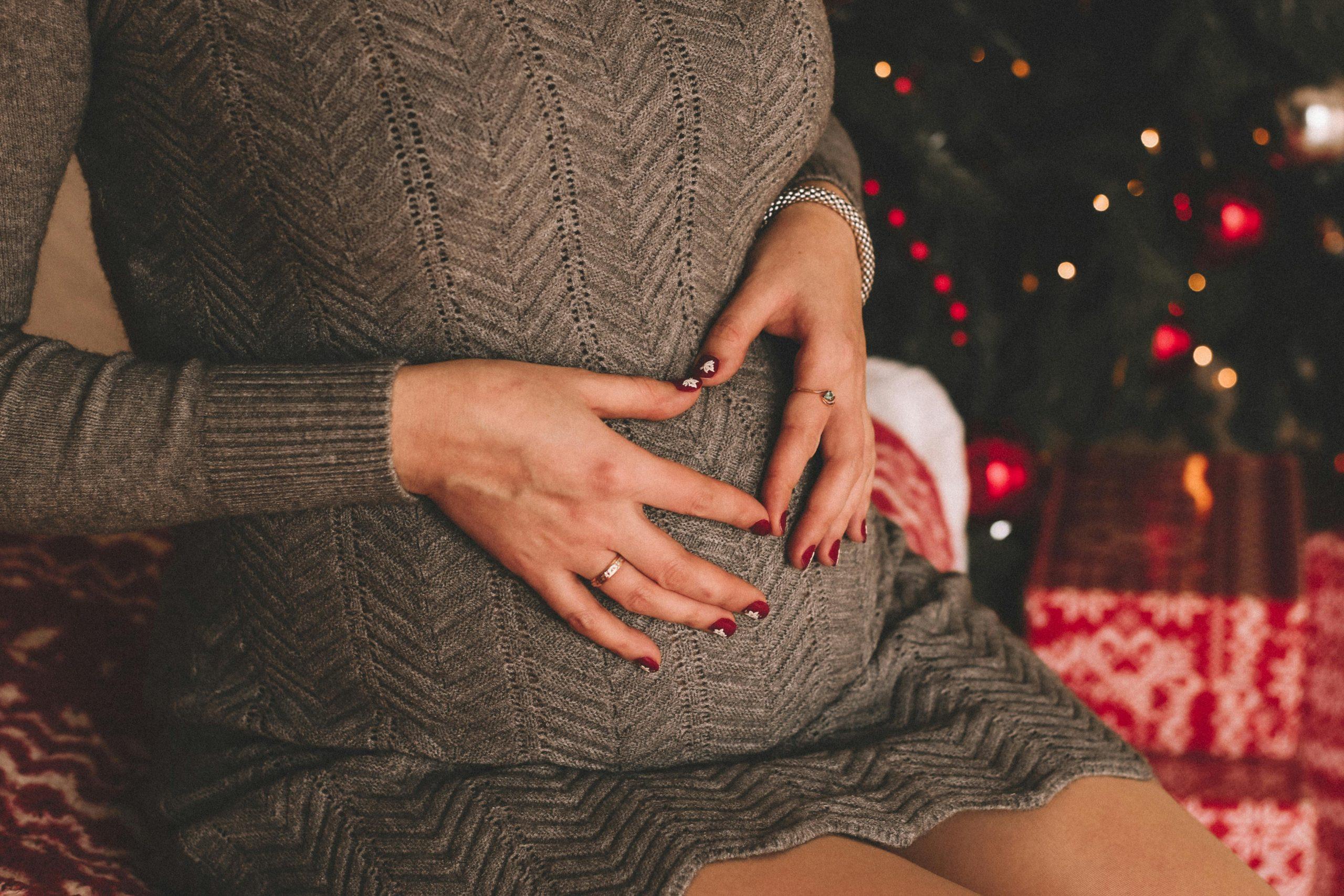Christmas is a time of joy, celebration, and indulgence—but it can also be a whirlwind of stress, sugary treats, and environmental toxins. If you’re planning a baby in the first half of 2025, take steps now to both enjoy Christmas and stay on track with your fertility (health) goals. Here are some practical, science-backed tips to guide you through Christmas with your preconception planning in mind.
- Focus on Blood Sugar Balance
Holiday treats are tempting, but blood sugar stability plays a vital role in hormone regulation and fertility health. Spikes and crashes can disrupt ovulation and overall energy levels.
Mindful eating tips:
– Eat within an hour of waking up to stabilize morning cortisol and blood sugar.
– Pair sugary foods with protein or healthy fats to slow glucose absorption. For example, have a handful of nuts with that holiday cookie.
– Prioritise whole, unprocessed foods at meals. Think roasted veggies, lean proteins, and complex carbs like quinoa or sweet potatoes.
– Stay hydrated—sometimes cravings are a sign of dehydration!
– Moderation, not deprivation: Savour your holiday favorites in smaller portions to avoid feeling deprived while keeping balance.
After the celebrations, it’s common to feel the effects of overindulgence of meals, alcohol, and sweet treats can put extra stress on your liver. To help your body recover and support detoxification, it’s important to give your liver some care and attention.
- Drink plenty of water and include herbal teas (e.g., dandelion or ginger) to support liver function and flush out toxins.
- Eat Liver-Friendly Foods: Focus on leafy greens, cruciferous vegetables (like broccoli), citrus fruits, garlic, and turmeric to boost detoxification.
- Replenish Nutrients: Support recovery with B-complex vitamins, magnesium, and potassium-rich foods like bananas and avocados.
- Avoid fried, sugary, and processed foods to reduce the liver’s workload.
- Swap EDC-Based Products for Organic Alternatives
Endocrine-disrupting chemicals (EDCs) can sneak into everyday items like skincare products, candles, and even holiday decorations. These chemicals interfere with hormone balance, which is critical for fertility.
– What to look for: Avoid products with parabens, phthalates, BPA, dioxin, cadmium and synthetic fragrances.
– Choose organic skincare brands with minimal, natural ingredients.
– Opt for soy-based or beeswax candles instead of paraffin ones.
– Wrap gifts with recycled or natural paper instead of glitter-coated options.
Some easy swaps:
Household: Abode, Koala Eco, That Red House, Ecyo, Kin Kin, The Dirt Company, Ethique, Compost A Pack
Personal Care: Dr Bronner’s, Grants toothpaste, Grin floss, Tsuno pads & tampons, Woohoo body deodorant
Soap/Hair: Koala Eco, Ethique Shampoo & conditioner, Dr Planet, Alaffia, Dr Bronners, Hemp Collective Shampoo & Conditioner Bar
- Bonus tip: Bring awareness to holiday meals too! Store leftovers in glass containers rather than plastic to avoid BPA exposure.
- Consider Key Fertility Tests
Holidays are a great time to reflect and plan for the year ahead. If you haven’t yet, talk to your healthcare provider about preconception testing. Understanding your fertility status can give you peace of mind and guidance for the next steps.
– Tests to ask about:
- Day 3 FSH, LH, E2, testosterone, SHBG, FAI, DHEA
- Day 21 (or 7 days before next expected period: progesterone, prolactin, oestrogen,
- AMH
- Iron studies (best to test mid cycle), B12, folate, vitamin D
- Complete thyroid check: TSH, T3, T4, thyroid antibodies, Reverse T3, T3:RT3 ratio
- MTHFR & homocysteine
- Plasma zinc & serum copper
.
…. There’s so much more to add in, I would recommend getting a complete list of essential tests for your fertility journey, download my ‘Blood Test Blueprint for Fertility’ and take the first step toward understanding your reproductive health.
-
Focus on Fertility-Boosting Nutrients
Nutrition plays a foundational role in supporting hormonal balance and overall fertility. The holiday season, with its festive meals and treats, offers an opportunity to incorporate nutrient-rich foods that benefit your reproductive health. Here’s a breakdown of key nutrients to focus on and where to find them:

- Vitamin D
Why it’s important: Supports sex hormone production, aiding ovulation and hormone balance.
Food sources: Fatty fish (like salmon), egg yolks, fortified milk, and sunlight exposure. - Selenium
Why it’s important: Protects eggs from free radical damage, critical for egg health.
Food sources: Brazil nuts (just 1–2 nuts provide a day’s worth), seafood, and whole grains. - CoQ10
Why it’s important: Improves mitochondrial function, boosting egg and sperm health, and supports energy production in cells.
Food sources: Fatty fish, organ meats (like liver), and whole grains. - NAC (N-Acetyl Cysteine)
Why it’s important: Promotes antioxidant activity, supports egg quality, and reduces oxidative stress.
Food sources: While it’s typically taken as a supplement, sources of cysteine include chicken, turkey, yogurt, and garlic. - NR (Nicotinamide Riboside)
Why it’s important: Supports cellular energy metabolism and improves mitochondrial health, essential for egg quality.
Food sources: NR is primarily available as a supplement, but niacin-rich foods like fish, poultry, and peanuts may offer related benefits. - Resveratrol
Why it’s important: Acts as an antioxidant, reducing inflammation and protecting ovarian reserve.
Food sources: Red grapes, red wine (in moderation), blueberries, and dark chocolate. - Essential Fatty Acids
Why it’s important: Improves blood flow to the uterus, reduces inflammation, and supports hormone regulation.
Food sources: Oily fish (like mackerel and sardines), walnuts, flaxseeds, and chia seeds. - Zinc
Why it’s important: Essential for over 300 enzyme reactions, aiding hormone balance and cell division.
Food sources: Oysters, chickpeas, pumpkin seeds, and cashews. - Iron
Why it’s important: Crucial for ovulation and optimal egg health.
Food sources: Red meat, spinach, lentils, and fortified cereals. - Vitamin B6
Why it’s important: Regulates hormones, alleviates PMS, and stabilizes blood sugar.
Food sources: Bananas, chicken, potatoes, and pistachios. - Vitamin B12
Why it’s important: Supports the endometrial lining and reduces miscarriage risk.
Food sources: Meat, fish, dairy products, and nutritional yeast (for vegans). - Folate
Why it’s important: Prevents neural tube defects and supports healthy cell division.
Food sources: Leafy greens, oranges, avocado, and fortified bread.
- Manage Stress with Simple Hacks
Stress can take a toll on your fertility by disrupting hormonal balance and reducing libido. The holidays, though joyful, often come with added pressures.
– Breathwork and mindfulness:Start your day with 5 minutes of deep belly breathing or a short meditation. Apps like Calm or Insight Timer can help.
– Physical activity: Yoga, walking, or even a quick dance break to holiday music can lower cortisol levels.
– Set boundaries: Say no to overcommitting. Prioritize meaningful activities and give yourself permission to rest.
– Acupuncture: This ancient practice has been shown to reduce stress and improve hormonal balance.
– Holiday self-care: Treat yourself to a warm bath with Epsom salts, light an organic candle, and unwind.
To support your recovery and well-being after childbirth, consider nourishing your body with nutrient-rich foods, prioritising restorative sleep, incorporating healing herbs, and seeking personalised guidance from healthcare professionals and naturopaths. At Freyja Health Clinic, our experts are committed to understanding your unique postnatal needs and providing the care you deserve during this important time.
Visit Freyja Health Clinic to engage in a meaningful conversation about your fertility goals and explore personalised solutions tailored to your individual needs. Our team is committed to providing comprehensive care, ensuring you are equipped with the tools to optimise your health and achieve your fertility aspirations. Your well-being is our priority, and we look forward to assisting you on your path to a healthier and more fulfilling life
Dr Miranda Myles Natural Health & Fertility, Naturopath & Acupuncturist, is passionate about working with couples in the management of their fertility issues. Miranda is dedicated to help couples achieve optimal physical and emotional health prior to conception. Miranda provides a beautifully supportive and nurturing environment to allow you to reach your optimal health goals, to enable you to achieve a successful conception, pregnancy and baby.

Share This Story, Choose Your Platform!
Related Posts

Endometriosis is a chronic inflammatory condition where tissue similar to the uterine lining grows outside [...]

Postnatal depletion is a condition many new mothers experience but is often overlooked. Unlike postpartum [...]

Adenomyosis may sound like a complicated term, ‘Adenomyosis is when cells similar to the lining [...]

![Endo is tricky.
It’s not just “bad period pain.” The most common signs? Period pain (aka dysmenorrhea) and fertility challenges. But here's the catch - not everyone with endo experiences these. Some women don’t even know they have it because their symptoms seem totally unrelated to their cycle.
The problem? Endo is still wildly misunderstood, even by doctors. As the New York Times put it:
'Endometriosis] suffers from a branding problem: It falls into the abyss of ‘women’s diseases’ (overlooked), diseases that don’t kill you (unimportant), and menstrual problems (taboo).’
If you’ve been dismissed or told your pain is “normal,” you're not crazy. Your symptoms deserve to be taken seriously.
💡 Save this for your next doctor's visit.
Tag someone who needs to see this ⬇️
#drmirandamyles #ttccommunity #explorepage✨
#endowarrior #endo #endometriosis #endoawareness #endoawarenessmonth #endopain #endodiagnosis](https://scontent.cdninstagram.com/v/t51.75761-15/485262946_18450168457079655_4262500186779098443_n.jpg?stp=dst-jpg_e35_tt6&_nc_cat=111&ccb=1-7&_nc_sid=18de74&_nc_ohc=YUbLmcWk1coQ7kNvgFZi1vF&_nc_zt=23&_nc_ht=scontent.cdninstagram.com&edm=ANo9K5cEAAAA&_nc_gid=aPb_nH6VYr8mIr5z9Fy3dw&oh=00_AYEJlRJWKatD8t-xeJ3hsK1khNMwgmbKyjQq5UXc2Qywfg&oe=67DC995D)



 Tell me in comme
Tell me in comme
